Intel promises it has a faster chip than the M1, but Apple seems to be earning a little cash anyway, and Spotify is still raking it in despite artists' protests.
In an alternative universe, January 2022's headline for Apple users would have been that Intel has produced incredible performance improvements in its processors. We would now be seeing rumors of Apple revamping its MacBook Pro to use the Alder Lake processor, and we would be happy.
It is genuinely impressive that Intel has done some actual catching up instead of just leaking more PowerPoint presentations promising that it will someday.
Even so, an Alder Lake processor that might be faster than one of the Apple Silicon M1 designs, or might not be, it isn't going to make anyone regret moving away from Intel. And if anyone of us do as users, if any of us hanker for an Intel Alder Lake MacBook Pro, the battery life and the power consumption would make us change our mind.
Apple presumably has people also employed shaking their head at those specifications, but overall it is too busy counting its income. Tim Cook in the legally-required earnings call said that its latest Mac sales revenue "was an all time record... driven by strong demand for our newly redesigned MacBook Pro powered by M1."
Those sales, plus the one or two iPhones that Apple may have managed to sell, got the company another record quarter. Except for analysts, anyone who pays attention to how much Apple earns probably now has a TextExpander snippet that expands out to say, "another record quarter."
And there is the small thing that in January 2022, Apple became the first company in the world to be valued at $3 trillion. Money can't buy you happiness, but $3 trillion can rent the shareholders quite a bit.
Corporations are people, too
The US and various other countries treat corporations as individuals, as people really, in certain aspects of the law. But it's also the case that corporations take on the personality of the individuals who lead it.
For instance, Mark Zuckerberg wouldn't fit in at Apple, IBM, or Mothercare, but then you can't see Steve Jobs having a great time at Twitter, either.
And it took Apple to invent AirTags, but then it took writer and activist Lilith Wittmann to think of using one to prove a German authority is a front for an intelligence service.
Wittmann is brilliant and, unfortunately, an unnamed woman stalking Tim Cook is scary.
But back to companies as individuals.
You don't really expect to see companies behaving like people and being, for instance, a bit petty. It is possible that there is a tinge of green envy in Intel's eyes over the M1 processors and the halcyon days when Intel chips ruled.
But it was undeniable this month that Google was in a strop.
According to Google, Apple has socio-engineered teenagers the world over so that they bully each other into buying iPhones. It's all to do with whether you have green text messages or blue ones, and if you skipped your Apple indoctrination session, Blue is Good.
Blue means you have an iPhone, green means you've got Android. Or rather, the colors mean this to anyone on an iPhone. If you are on an Android, you don't get this.
And if you're outside the US, you might get it, but you truly don't get the fuss.
Rather than being the global concern Google claims, the rest of the world is chiefly using WhatsApp and Weibo. And rather than Apple pulling this off through Machiavellian control of teenage minds, iPhone is just better at texts than Android.
Google could make Android texting better, and it has tried, but it's easier to say that Apple isn't playing nice.
Apple isn't playing nice
That's not to say that Apple is run like a Church fete, or that Face ID in Apple Park has had to be configured to recognize halos. In January 2022, it wasn't always being that great technically, either.
This month, developers finally cracked and said, look, iCloud syncing isn't working. According to multiple developers discussing the issue online for many weeks, there are repeated "service unavailable" errors in CloudKit.
The errors are one issue. Apple's alleged inability to address them is another.
But then it was the service unavailable errors that also got customers frustrated. And more than once.
At least developers got some bright news from Apple to make up for it. From January 14 through to May 20, 2022, eligible developers can bid to see a share of an Apple $100 million settlement over an App Store case.
Settlements are meant to make legal problems go away, but Apple's lawyers do not get a holiday in January. Not when Epic Games is filing its appeal against last year's trial — and not when the attorneys general of more than 30 US States have sided with the "Fortnite" developer.
Then if those Apple lawyers ever get a lunch break away from Epic Games and the App Store, they can now file another lawsuit or two against Ericsson.
In 2015, Apple wanted to use Ericsson's patented technology, and Ericsson also wanted them to. Yet they both went through the courts to gain some advantage - before finally shaking hands on a deal.
Now read on. It's 2022 and every last scintilla of that deal has expired, so Ericsson is suing Apple, and Apple is suing Ericsson, and it is going on and on. Worldwide.
At some point, it will end, maybe with another deal and another handshake, but App Store cases will live on forever.
App Store cases
At times, Apple has claimed that the App Store is a tiny part of its business, and there are much bigger rivals.
If Apple meant that, you could picture the odd tea break where Tim Cook and Eddy Cue have mused about just letting it go.
They won't, though, because the App Store's allegedly tiny sales drive the much larger iPhone sales, it's rare for anyone to feel too sorry for Apple's App Store legal woes.
Except if Apple is looking out for Apple, none of the rivals suing it are exactly doing so with us in mind. Apple argues that making it allow alternatives would be harmful to us.
Depending on how it's done, though, the difference will be that any developer can choose to implement their own instead of Apple's backend servers processing payments for all developers.
Maybe developers haven't looked at how costly and tricky that is. Or perhaps it's just developers who already have payment systems for other platforms that are protesting against Apple's one.
Speaking of protests
We don't seem to get that many protest songs anymore, but we do have protesting singers. Neil Young removed his music from Spotify this month, specifically to call attention to how the streamer's Joe Rogan podcast repeats COVID misinformation.
Young was followed by Joni Mitchell, and then Nils Lofgren. James Blunt joined the cause by threatening to release more music on Spotify if the company didn't drop the podcast.
Spotify will not drop the profitable podcast because of a few artists fading away that they pay fractions of a penny per thousand streams. But just as Foxconn India's workers found, the right protest can make a difference.
And so Young has kicked off debate that has ranged wider than within his audience and has got Spotify to make conciliatory noises.
They may be barely audible conciliatory noises, but at the same time, the marketing team at Apple Music was quietly making its presence felt.
The home of Neil Young.
— Apple Music (@AppleMusic) January 28, 2022
Listen to his entire catalog on Apple Music: https://t.co/sUGtz4JbB9 pic.twitter.com/YgRMygUqhi
It's not enough to call yourself "the home of Neil Young," at least not when the artist is on other streaming services such as Amazon. But it is all about perception, and it is all about making a favorable impression.
And while there are these other music streaming services, in January we again learned that Apple Music is second only to Spotify as the most-used one.
Music and services
It's peculiar to think just how long Apple, this famous computer and phone company, has been involved in music. From the fight with The Beatles' Apple Corps, through Steve Jobs convincing record labels to join iTunes and change their business forever, Apple and music go together.
At some point, we're going to see the name "Apple" and instead of associating it with "Mac" or "iPhone," we could think "Fraggle Rock" instead.
We're not there yet, but January 2022 was another step in Apple's move to being a services company. Maybe February will bring some hardware.
2022 in review
- Ukraine invasion, App Store Changes, and retail openings - Apple's February 2022 in review
- Mac Studio hit, Studio display miss, and the iPhone SE - March 2022 in review
- iPhone Self Repair Program, Twitter, Studio Display webcam 'fix' - April 2022 in review
- Mac delays, iPod's demise, and Musk hesitates over Twitter - Apple's May 2022 in review
- WWDC, iPhone's anniversary, and USB-C is taking over - Apple's June 2022 in review
- MacBook Air ships, Apple Arcade loses games, and Chris Evans' iPhone - July 2022 in review
- The iPhone 14 event looms, roaming AirTags, and crime - Apple's August 2022 in review
- iPhone 14, Apple Watch Ultra, AirPods Pro and more - Apple's September 2022 in review
- More controversies than iPhones — November 2022 in review
 William Gallagher
William Gallagher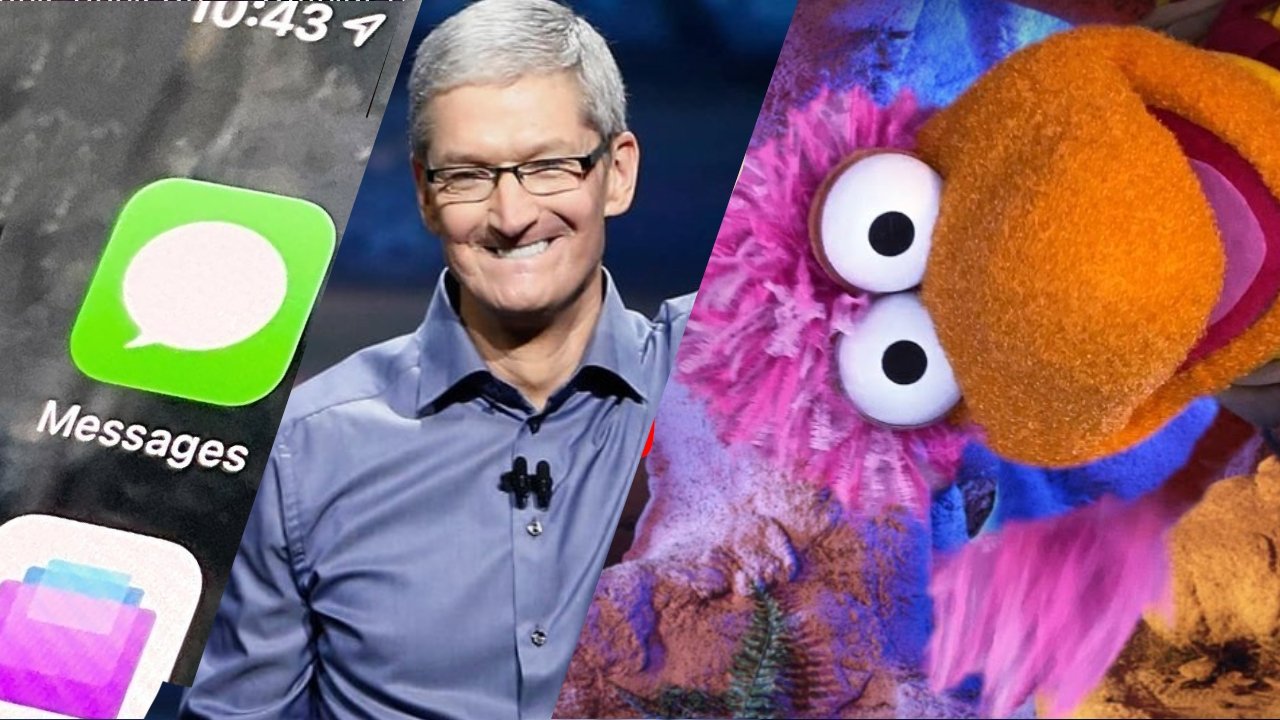
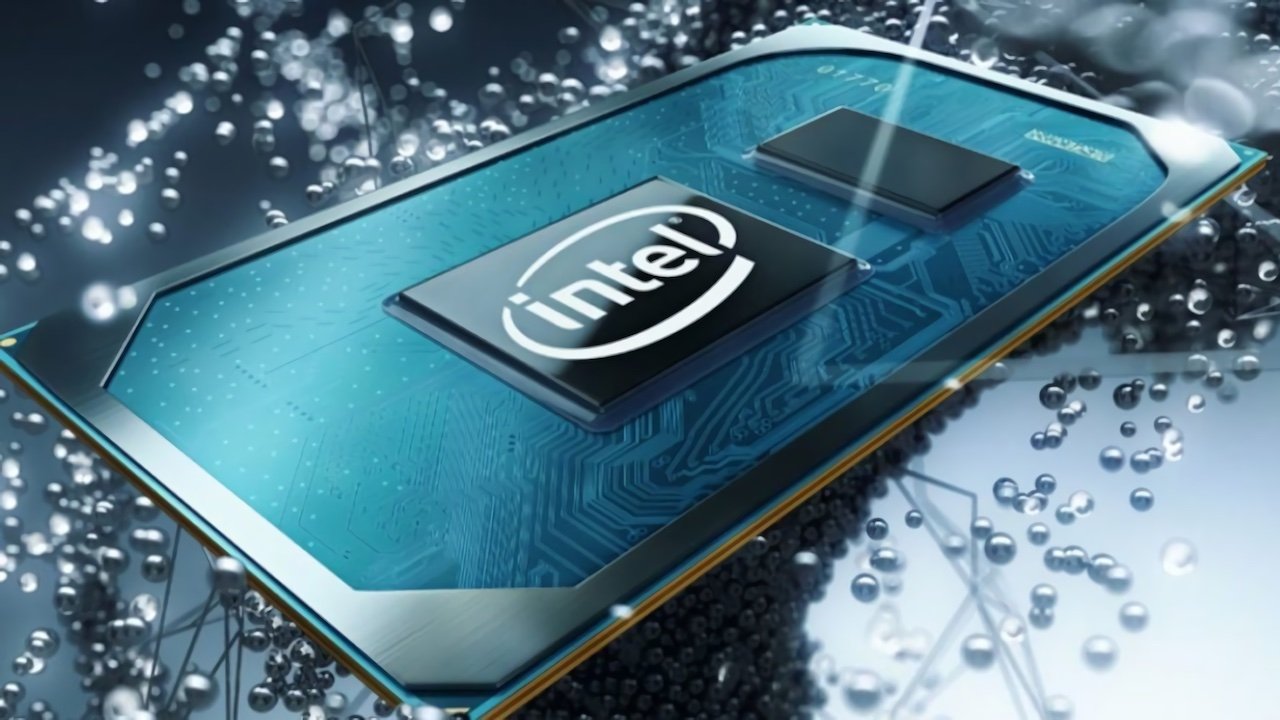
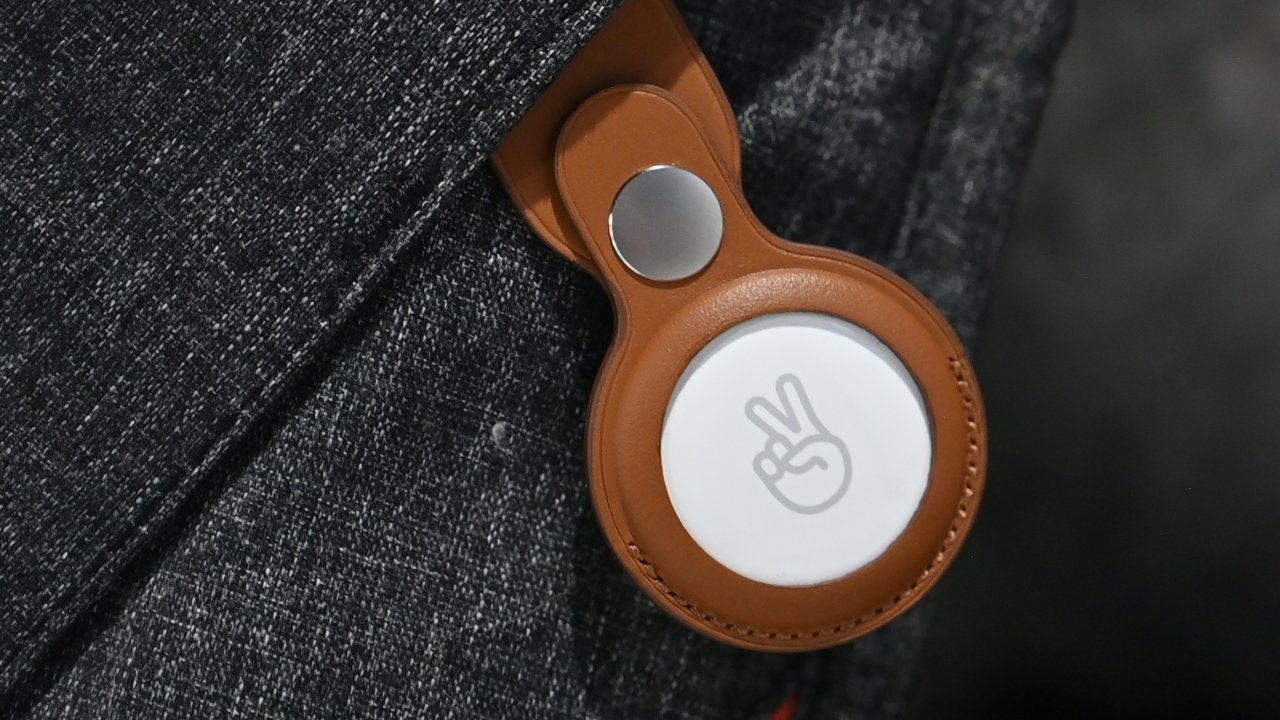
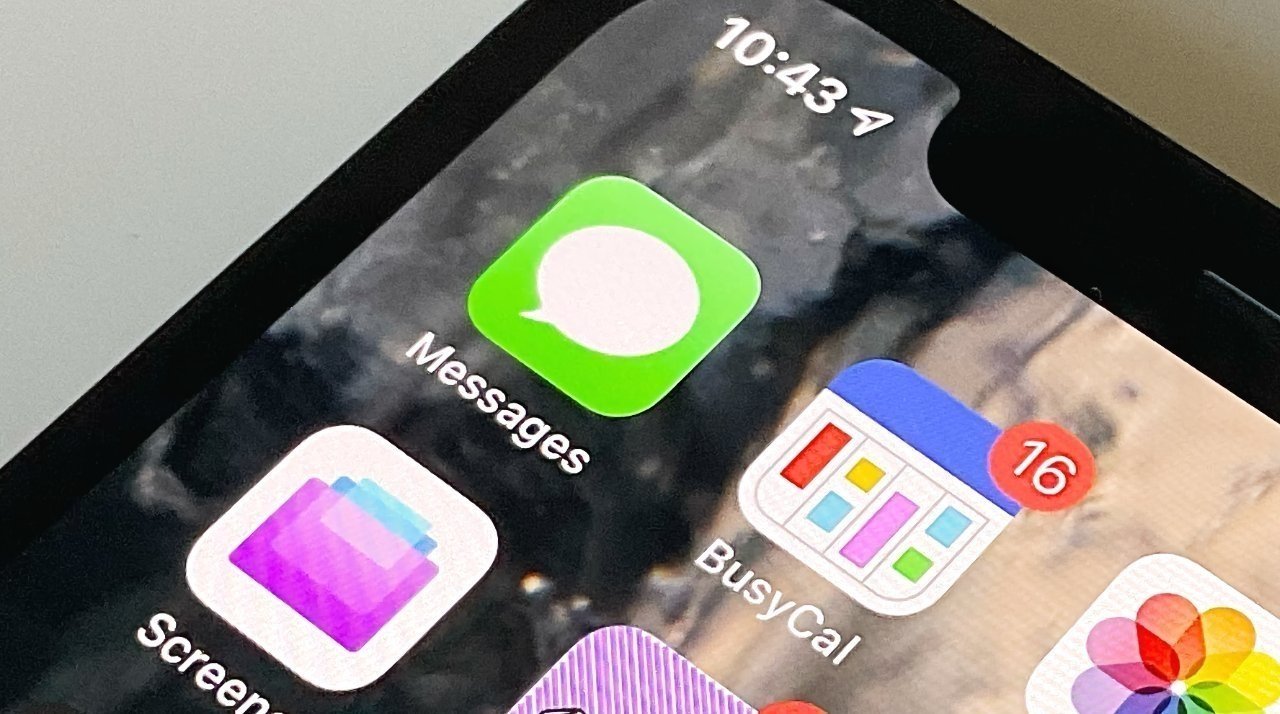
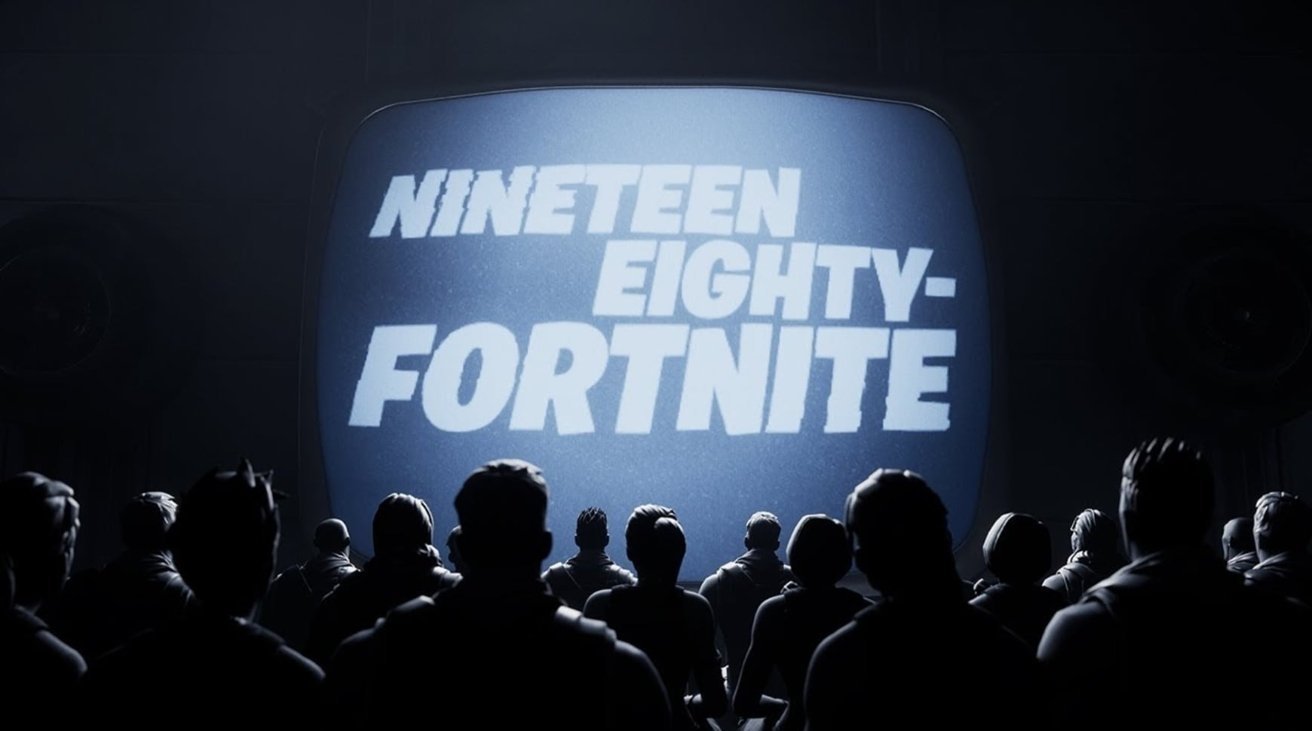
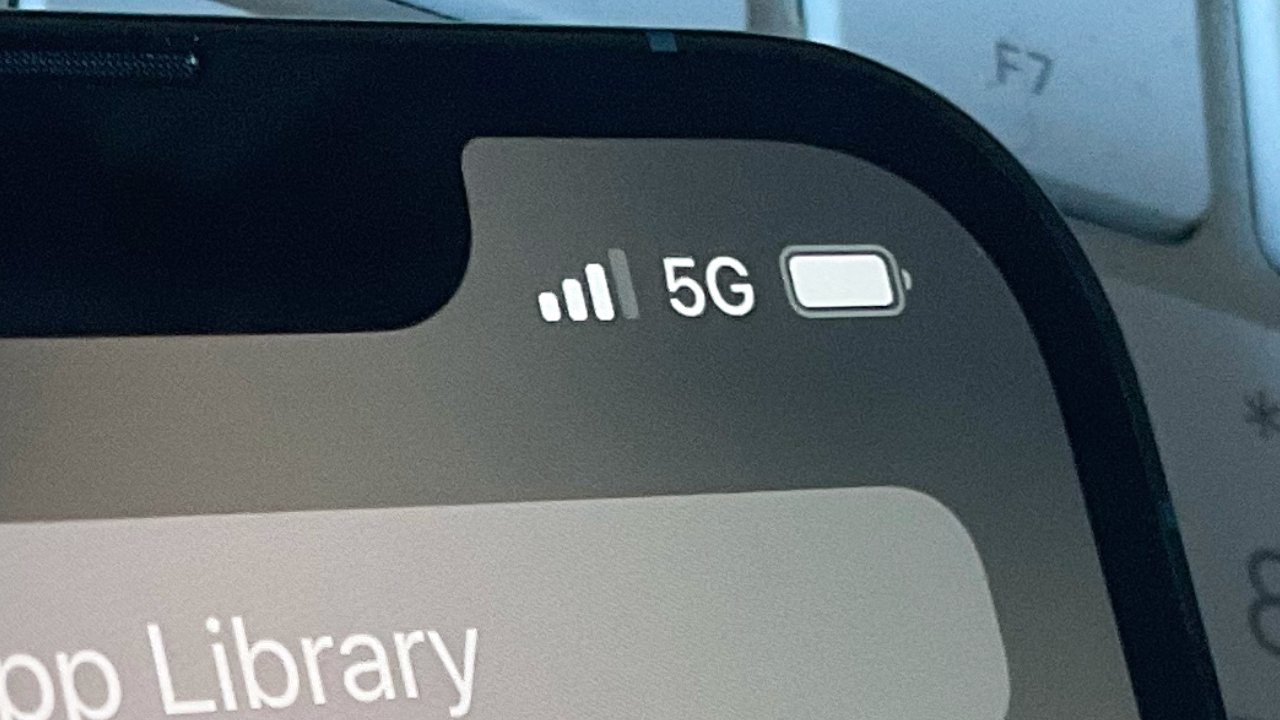
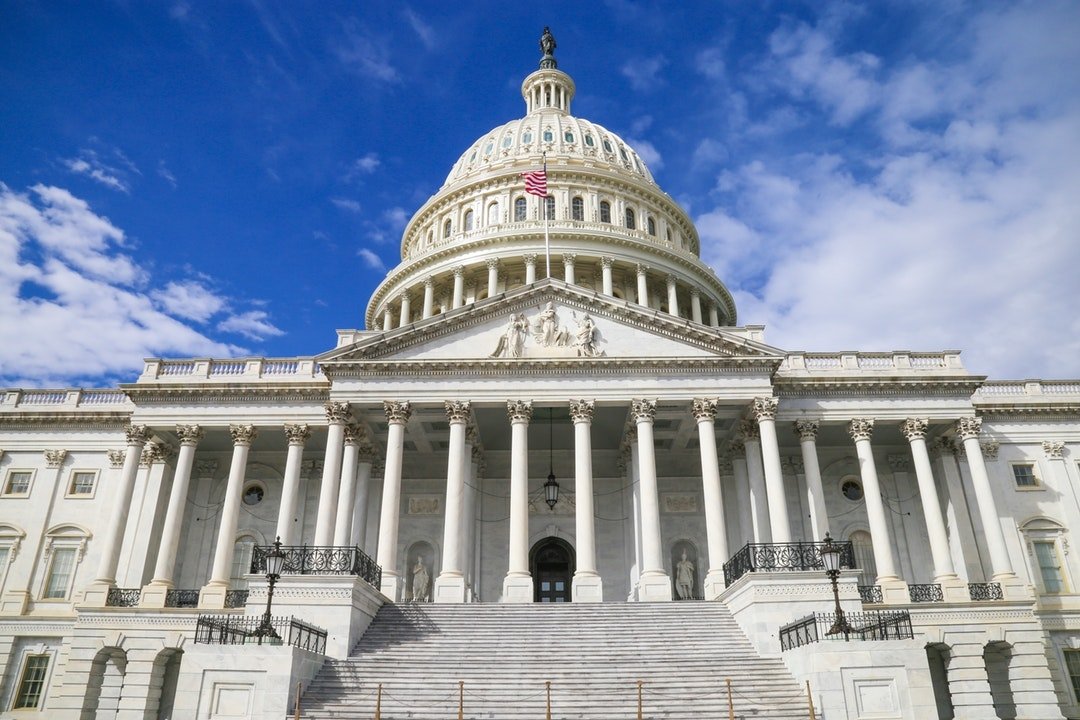








-m.jpg)






 Charles Martin
Charles Martin
 Christine McKee
Christine McKee
 Wesley Hilliard
Wesley Hilliard
 Malcolm Owen
Malcolm Owen
 Andrew Orr
Andrew Orr

 Sponsored Content
Sponsored Content








3 Comments
Speed has never been an issue for Intel as they just keep making them larger, hotter, and more power hungry. It's performance per watt that they need best Apple and I don't see how they can do that with their nodes being behind TSMC and not having the silicon to software optimizations that Apple can design and build in from top to bottom.
Regardless, I hope they actually do have something more competitive for the mobile space.
Sadly, Jan 2023 looks like just over 2 Trillion. That's a whopping drop of over 30% in 2022. Not that I am complaining, having purchased AAPL at <$10!